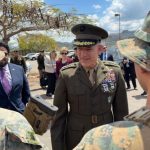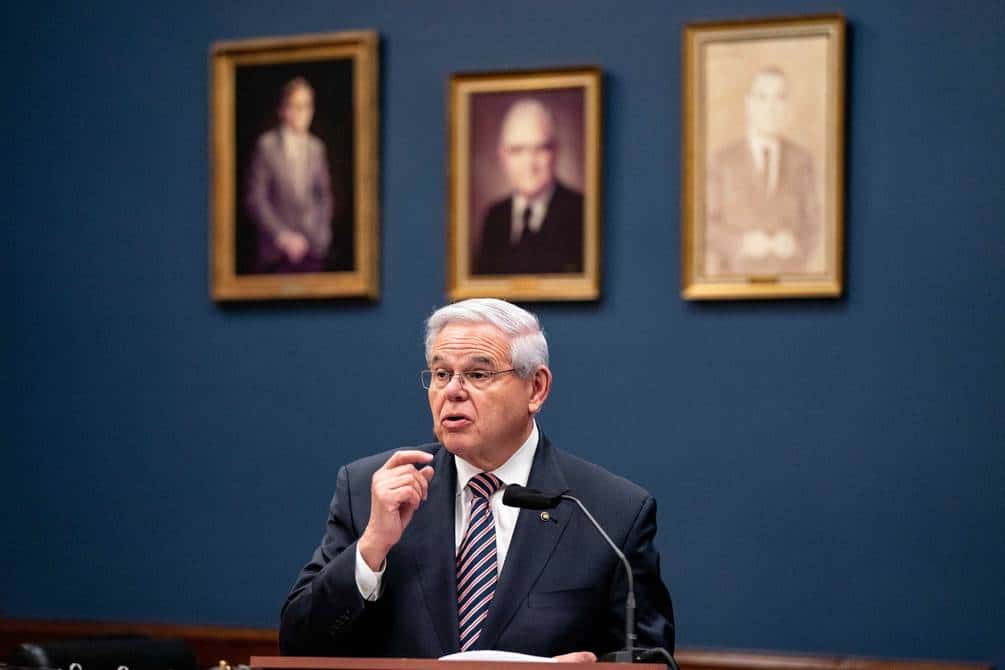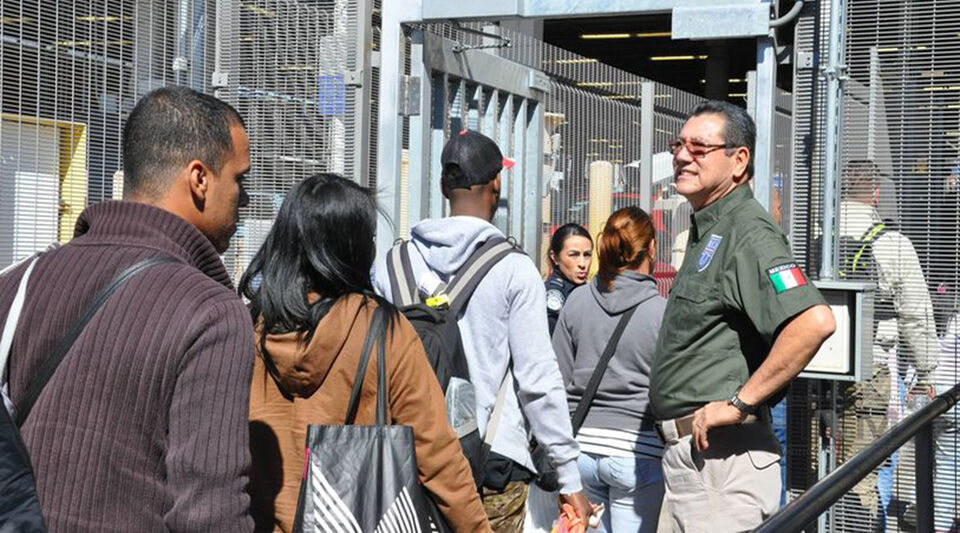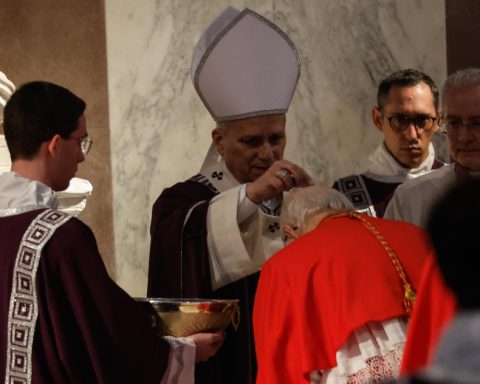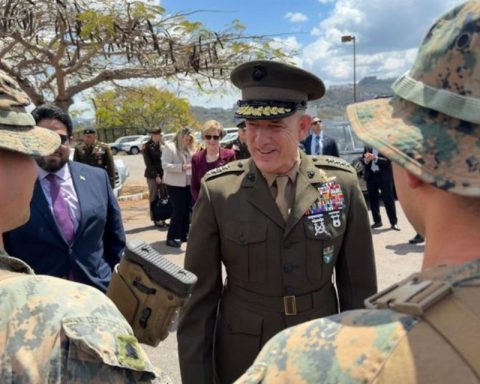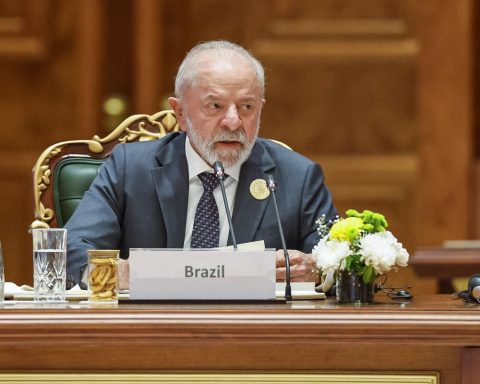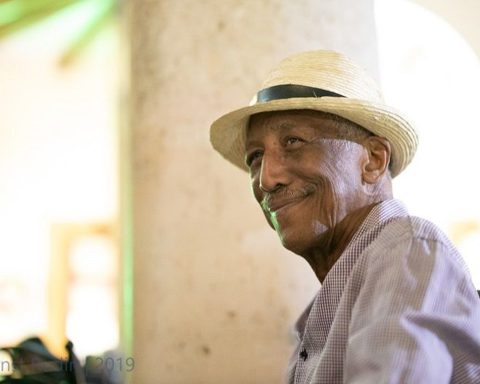D
Airo Usuga, commander of the Gulf Clan, has a helmet and vest, and bright eyes. He is surrounded by Interpol, Dijin and the Colombian Police. He boards a US drug enforcement agency (DEA) plane and is extradited a few weeks ago to the United States for drug trafficking offences. In Colombia he has 122 arrest warrants and seven security measures; his extradition robs the country of the possibility of understanding the reason for the war in the country.
Far from the headlines, others find their way into American prisons. Johan was born in El Charco, Colombian Pacific, the father of three children who dropped out of school, was displaced by armed actors and helped his family in fishing from a very young age. With his Afro-Colombian accent, from a prison in the United States he recounted that the pandemic aggravated the poverty conditions of his family, which led him to be hired to move cocaine in the Pacific. He was captured on his first try, 180 miles from Colombia on the way to Costa Rica by US Coast Guardsmen. He was held for almost a month on a US government ship with other Colombians and Ecuadorians without being able to communicate with relatives or with the Colombian government, enduring cold and hunger. A month later, they were left in Miami to start a conviction process for cocaine trafficking.
There, the United States government offered him a court-appointed attorney and the legal entrapments began while the captured Colombians tried to understand English and unknown laws. Awaiting convictions, some are sent to high-security prisons that are underground; there they are isolated. Subsequently, they are transiting to others of medium and low security.
Johan has been through three prisons and has no contact with his family. His wife now survives displaced in Cali working to support her three children during the pandemic. Sentenced to 72 months, he adds and subtracts from his chance to get out early for good behavior. He was captured at 24 years old.
Several convicts report the same modus operandi. The United States government ships capture these people in the Pacific or the Caribbean, even in the waters of neighboring countries or Colombia, and keep them between one and three months in ships – floating Guantánamo – in legal limbo where they have no communication with the Colombian government and not with his family.
Some accounts denounce that they are taken to Guantanamo in Cuba to spend their last days, to be able to bathe and change, and then handed over to the United States judicial system in Miami. In the prison from where we spoke, Johan said that there were 40 more Colombians incarcerated, but that in the previous one there were 200. The vast majority of the same profile, residents of the Pacific or San Andrés, who because of their knowledge of the sea are hired to transport cocaine and are captured by the United States Coast Guard in Honduras, Colombia and Costa Rica. Many are victims of the conflict, one of them recalled the murder of one of his daughters in Chocó and the human crisis that led him to make that journey.
They also denounce that the Colombian consulate does not serve them and there is no repatriation treaty. Meanwhile, they see the return of Mexicans and Ecuadorians, who are deported to their countries, where they can pay their sentences closer to their families and in legal systems in their own language.
The US drug policy judiciary is a magic wand to determine what is expendable – the truth – and who is expendable. Only the big traffickers deal with the DEA; The racialized, impoverished and victims of the conflict are kidnapped, stripped of their dignity as citizens. For US budgets are customers
of the privatized US prison system. An inmate affirms something that several testimonies repeat: what the Colombian government has is a business with the DEA to have one here
.
* Doctor in sociology, researcher at A la Orilladel Río, Center of Thought of the Colombian Amazon. Her latest book is Raised from the Jungle








